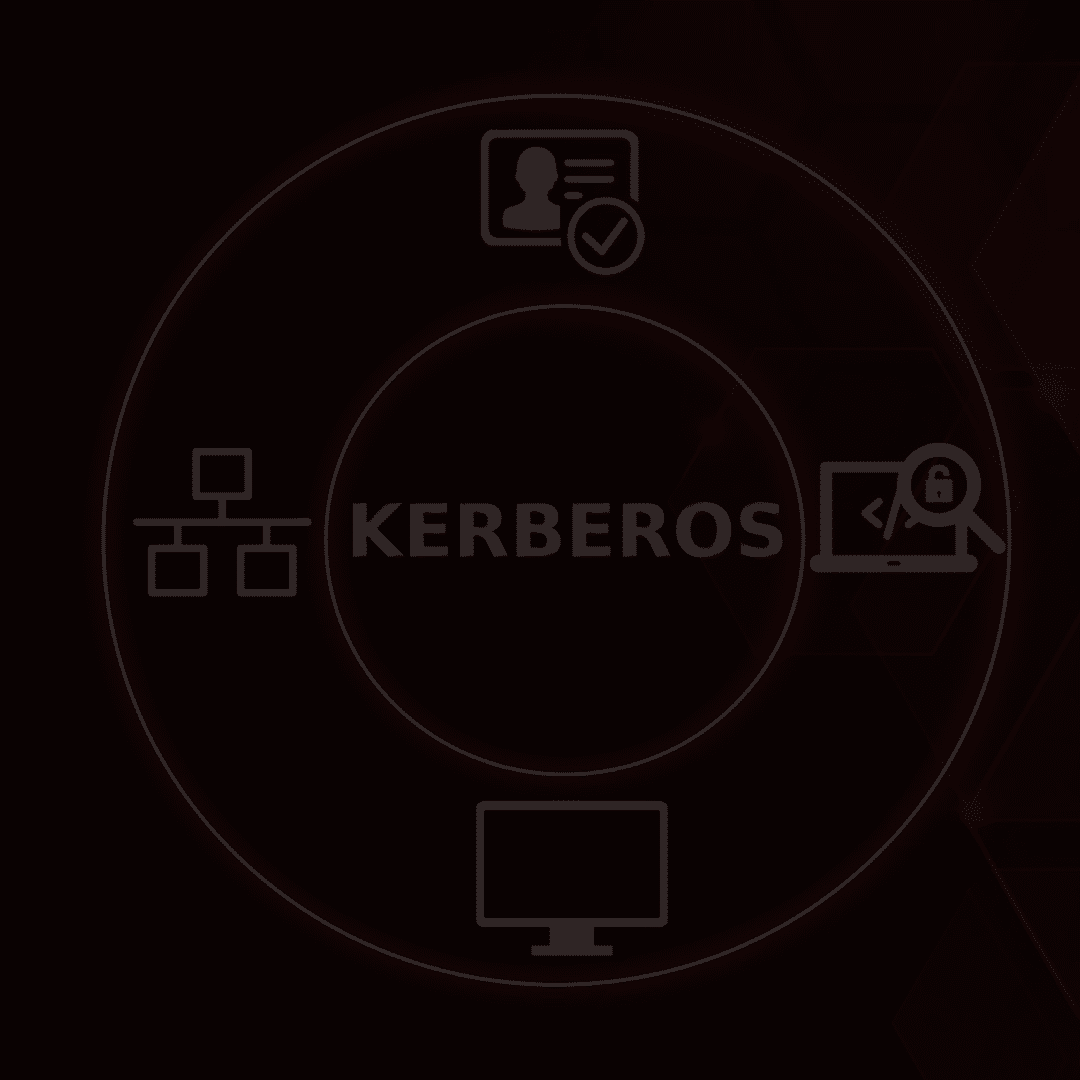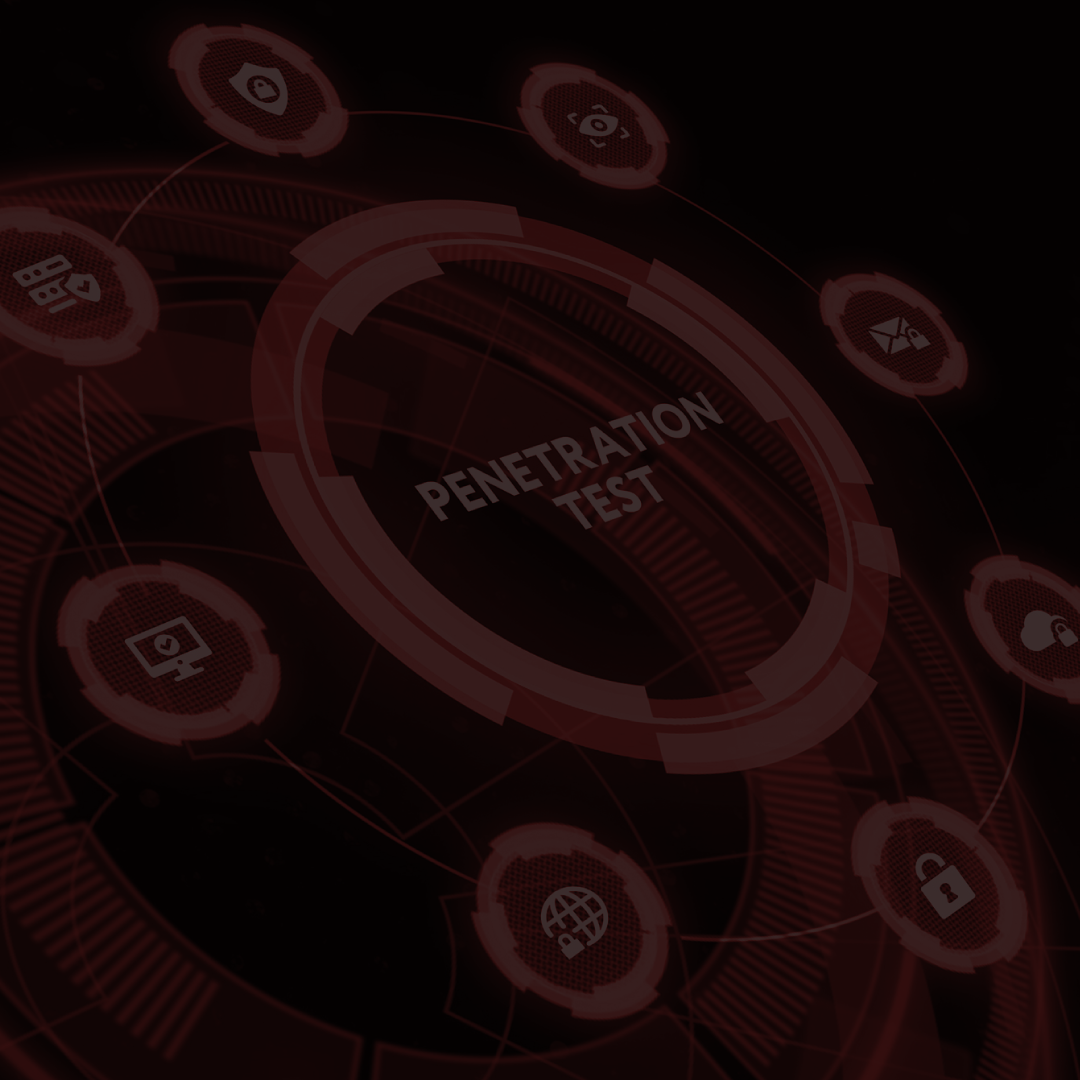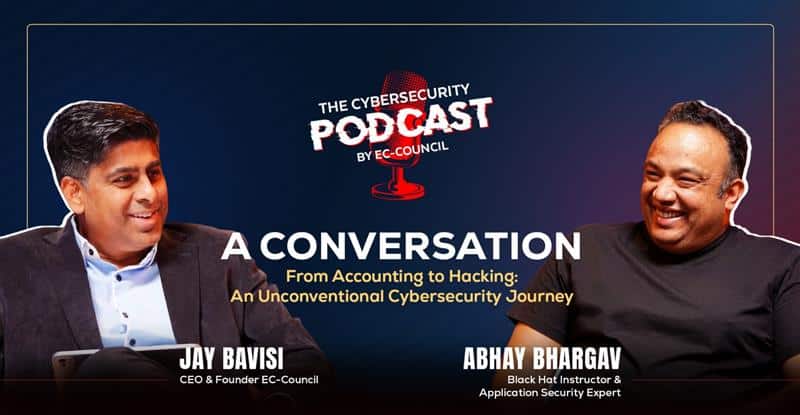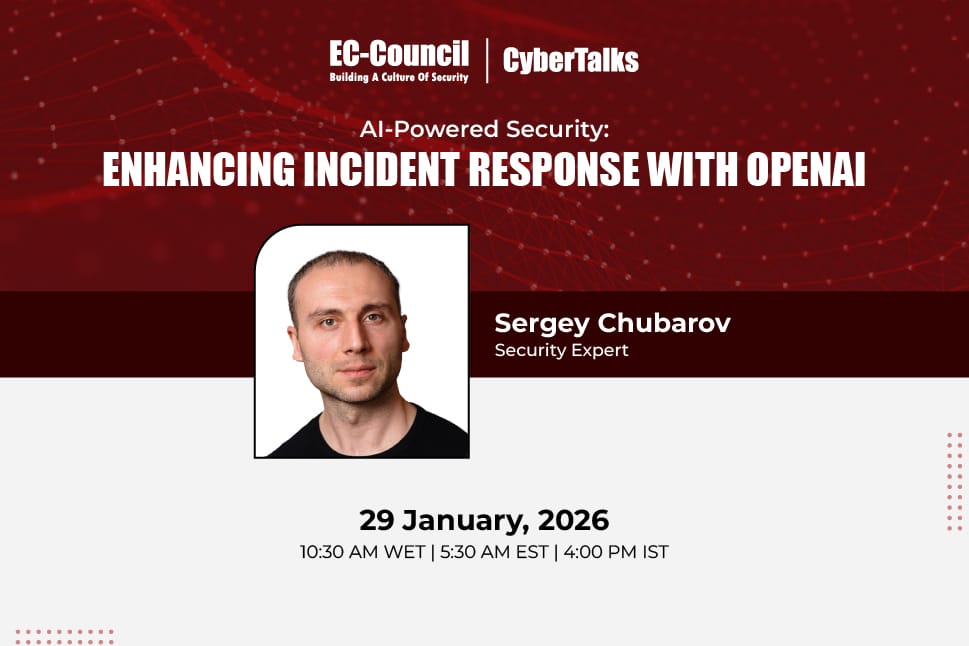As proactive data security becomes increasingly essential, the demand for hands-on practical experience in certification training is rising rapidly. The Certified Penetration Testing Professional (CPENT) program is designed to cultivate advanced penetration testing skills through a strong emphasis on hands-on learning and real-world application. To gauge the impact of CPENT on cultivating hands-on experience for pentesting skills, EC-Council’s CyberTalks team interviewed Chen Chu, a CPENT-certified penetration tester. He shares a comprehensive account of his preparation journey, which included hundreds of hours of study and extensive engagement in the program’s practical lab environments. He states that the CPENT interactive labs enable a deeper understanding of complex topics and promote critical thinking and practical problem-solving over theoretical knowledge.
Tell me about your experience preparing for and learning CPENT.
I spent nearly four months preparing for the exam, dedicating around 400 hours of study time. I completed almost all the practice modules in the lab environment. The labs were the most helpful part of my preparation, allowing me to apply what I had learned and gain practical experience.
How difficult was the CPENT certification for you, and what was the hardest part of the exam?
I learned the most from this segment through the hands-on labs.
Tell me three things that you really liked about the CPENT program.
Well, firstly, the emphasis on critical thinking and hands-on learning. Secondly, the comprehensive study material and engaging lab environments, which provided a wealth of learning resources. Finally, the labs were not only challenging but also motivating, which helped me stay focused and driven.
How was your lab experience in the program?
The labs taught me various techniques for privilege escalation, lateral movement between devices, and working with binary executables.
Did the CPENT credential benefit your career? If so, how?
Yes, the CPENT certification has positively impacted my cybersecurity career by deepening my understanding of penetration testing methodologies, tools, and techniques. It has improved my performance at work and even opened up opportunities for career advancement.
How would you compare the CPENT program with other programs?
In my opinion, CPENT stands out due to its focus on hands-on learning and the critical application of knowledge. It goes beyond just theory and really tests how you approach real-world scenarios.
What differences did you notice between CEH and CPENT in terms of skills and knowledge?
While both programs cover similar foundational topics, CPENT focuses more on hands-on practice and advanced problem-solving. CEH is more theory-based, whereas CPENT pushes you to apply your knowledge to complex, real-world environments.
Conclusion
According to Chen, CPENT offers a transformative learning experience for cybersecurity professionals seeking deeper expertise in penetration testing. Its practical, lab-focused approach equips learners with the tools, techniques, and mindset needed to tackle real-world scenarios. He shares how he developed a stronger command of critical data security concepts and improved his ability to respond effectively to complex threats through hands-on challenges in the program’s lab environments. The course also provided him with valuable career benefits, contributing to professional growth and readiness for real-world cybersecurity challenges. For success in the CPENT exam, Chen recommends making full use of the lab resources, prioritizing practical experience, and maintaining consistent, focused preparation.Tags
About the Interviewee
Chen Chu is a seasoned cybersecurity professional and a certified penetration tester, with years of experience in penetration testing, ethical hacking, threat intelligence, and risk management. Passionate about empowering organizations to build resilient defenses, he specializes in aligning security with business goals.









